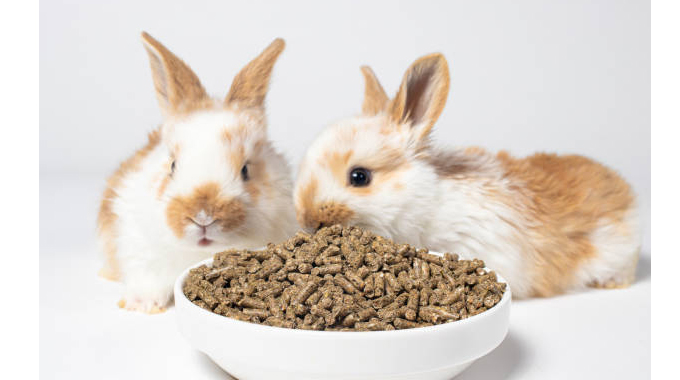
The Sunday News

Judith Phiri, Business Reporter
THE Ministry of Lands, Agriculture, Fisheries, Water and Rural Development has called for the promotion of the production of small livestock such as small ruminants, poultry and rabbits to improve food security and mitigate climate change.
Climate change is one of the challenges faced by smallholder farmers and continues to deepen food and nutrition insecurity in areas dependent on rain-fed agriculture, while Zimbabwe and other developing countries are not been spared from this reality.
In a technical brief, the Ministry’s Agricultural and Rural Development Advisory Services, Tsholotsho District Acting Livestock Specialist, Ms Senzile Ndlovu said the production of small livestock was gaining momentum because of their adaptability and their role in improving household nutrition and income.
“Small ruminants are tolerant to depletion of grazing lands as they require small quantities and cheap sources of feed, water and space compared to large ruminants. Furthermore, small livestock are highly prolific owing the low production cost and their ability to increase household income. They also have an advantage of multiplying even during drought periods,” she said.
She said small livestock were vital for social and cultural purposes they produce highly nutritive organic manure compared to that of large ruminants and have less residual effects on the soil.
Ms Ndlovu said the keeping of small livestock also helps promote mixed crop-livestock production thereby maximising on scarce land and generating additional income for smallholder farmers.
On interventions by the Government and private organisations, she said: “The rolling out of Rural Development 8.0 by the Ministry of Lands, Agriculture, Fisheries, Water and Rural development is contributing a lot in developing measures to promote climate-proofed agriculture through the distribution of poultry and goats. Complementing government are Non-Governmental Organisations such as Caritas through the Bambelela project, distributed indigenous chickens to 1000 households in ward 10, 11, 12 and 15 in Tsholotsho district where each household received at least 5 chickens in October 2022.”
Ms Ndlovu said post the distribution in October 2022, up to date, most of these households now have more than 20 chickens.
She said Plan International has also distributed goats in ward 11, 14 and 16 through a pass-on programme.
“Through these government and private partner interventions, women and youths have benefitted and this created an opportunity for their inclusion in disaster risk management interventions. Women usually play an active role in nurturing livestock on a daily basis for example feeding, watering and cleaning kraals,” she added.
“In an effort to enact long-term transformational shift towards more resilient livelihoods, strategies such as fodder production, poultry cross-breeding and nutrition (UNDP (2023) are encouraged.”
Ms Ndlovu said such initiatives facilitate knowledge-sharing in relation to climate risk informed water resource management and agricultural planning and production through farmer field schools.
She said despite that small livestock can adapt to climate change, they were also vulnerable to theft and predation.
“Therefore, farmers are encouraged to construct elevated kraals for sheep and goats since these give protections to predators, harsh weather and diseases. Also feeding and vaccinations is being emphasized since these species are mostly neglected on daily management routines.”
Ms Ndlovu said the Presidential tick grease blitz scheme has played a huge role in the prevention of tick-borne diseases since farmers are reluctant to dip sheep and goats, while poor market linkages are a drawback to smallholder farmers in small livestock production.



